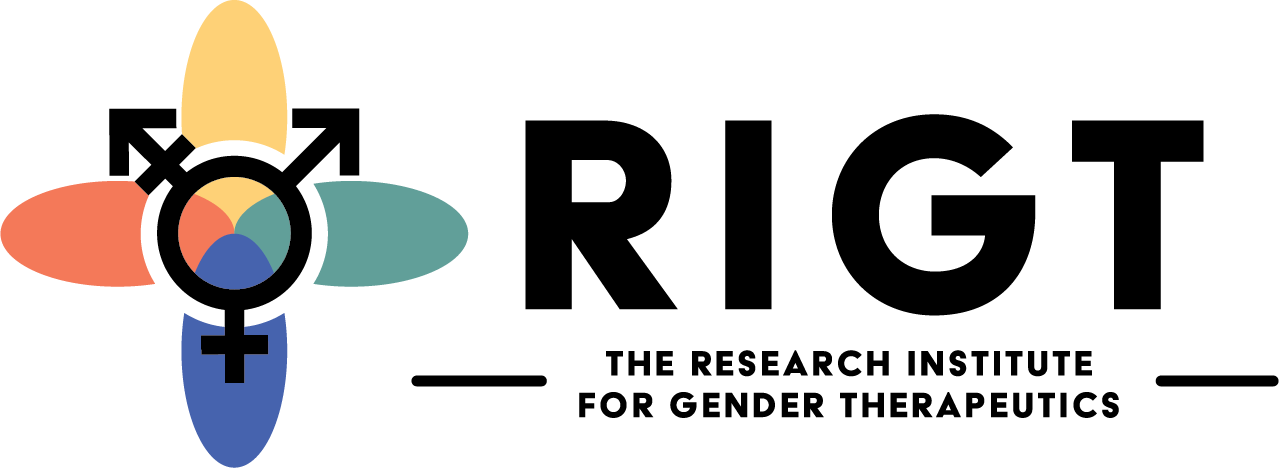The RIGT Solution
The Research Institute for Gender Therapeutics (RIGT) is a nonprofit pharmaceutical organization and registered 501c3 public charity that was founded to address the significant unmet medical and social needs of gender diverse individuals.
Our Mission
To bring clinical treatment of gender diverse individuals into standard medical practice by researching, developing, and seeking formal regulatory approval of therapeutic options for gender dysphoria.
The Solution
-

Through FDA approval, we will improve gender healthcare equity and access.
-

We will protect and expand current standards of care through gender-affirming clinical research and data.
-

FDA approval will reduce vulnerability of these gender-affirming medications to state law restrictions
“I have asked several people involved in the pharmaceutical industry why their companies are not willing to put research time and money into studying this area of medicine, and the answer has always been, "There is no need for it: There are too few people affected to be worth the money it takes to do that research and secure FDA approval. I am excited about the commitment from the founders of the Research Institute for Gender Therapeutics (RIGT) and their level of business and scientific expertise to undertake this effort." – Jamison Green, legacy advisor
Healthcare professionals have been delivering gender-affirming care to individuals with gender dysphoria for many years.
However, in 2023, legislative bodies in the United States introduced bills aimed at curtailing access to gender-affirming care. Despite compelling evidence demonstrating that gender-affirming care significantly enhances mental health outcomes for transgender and gender diverse individuals, these restrictive legislations continue to proliferate across states.
The encouraging news is that FDA approval can potentially curtail the power of states to prohibit the sale or restrict usage of these vital products for FDA-approved indications. This pivotal development could establish safeguards ensuring that individuals with gender dysphoria can continue to access gender-affirming treatment, even in states attempting to ban it.






